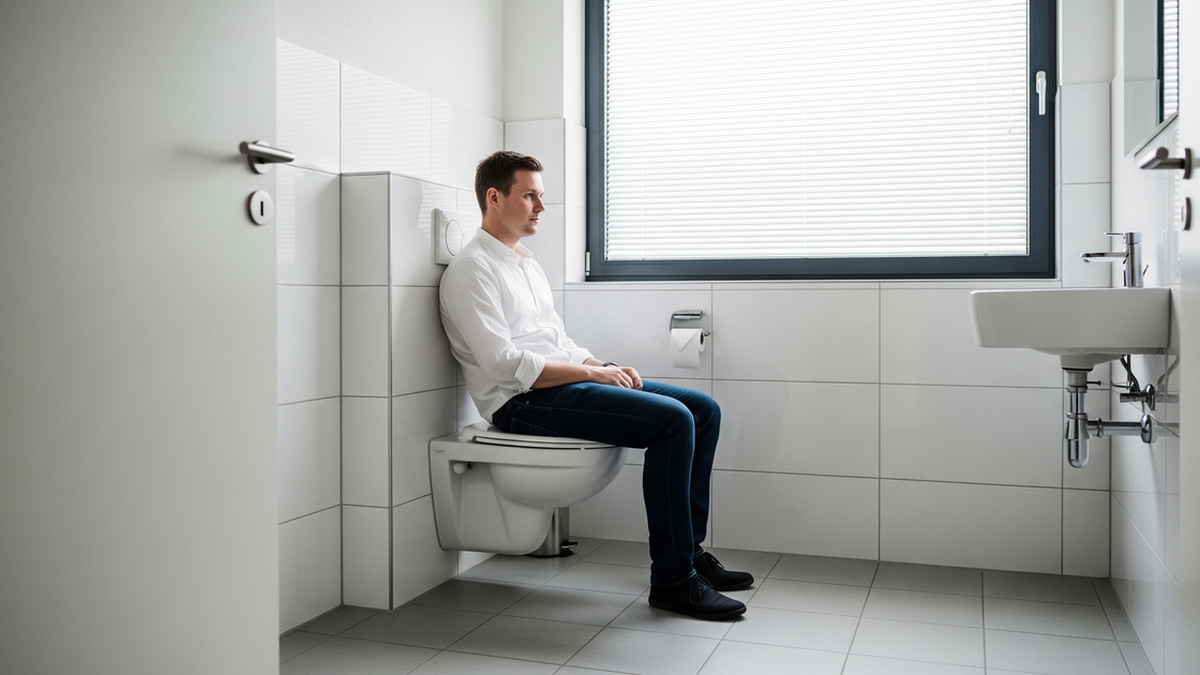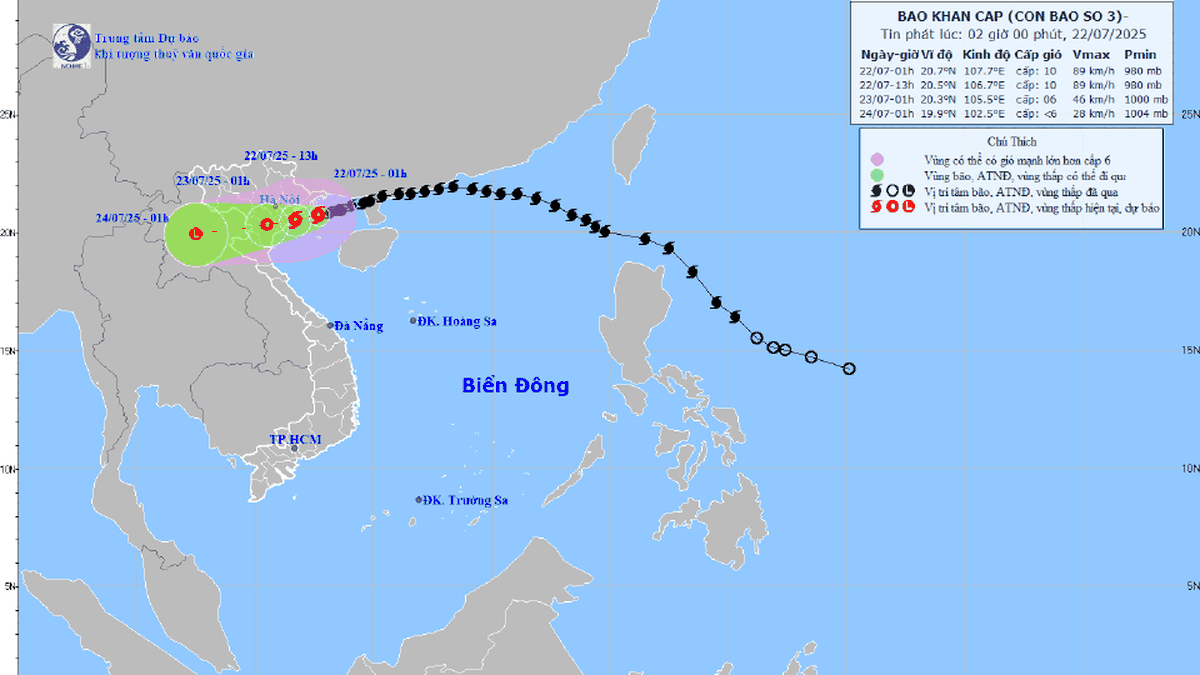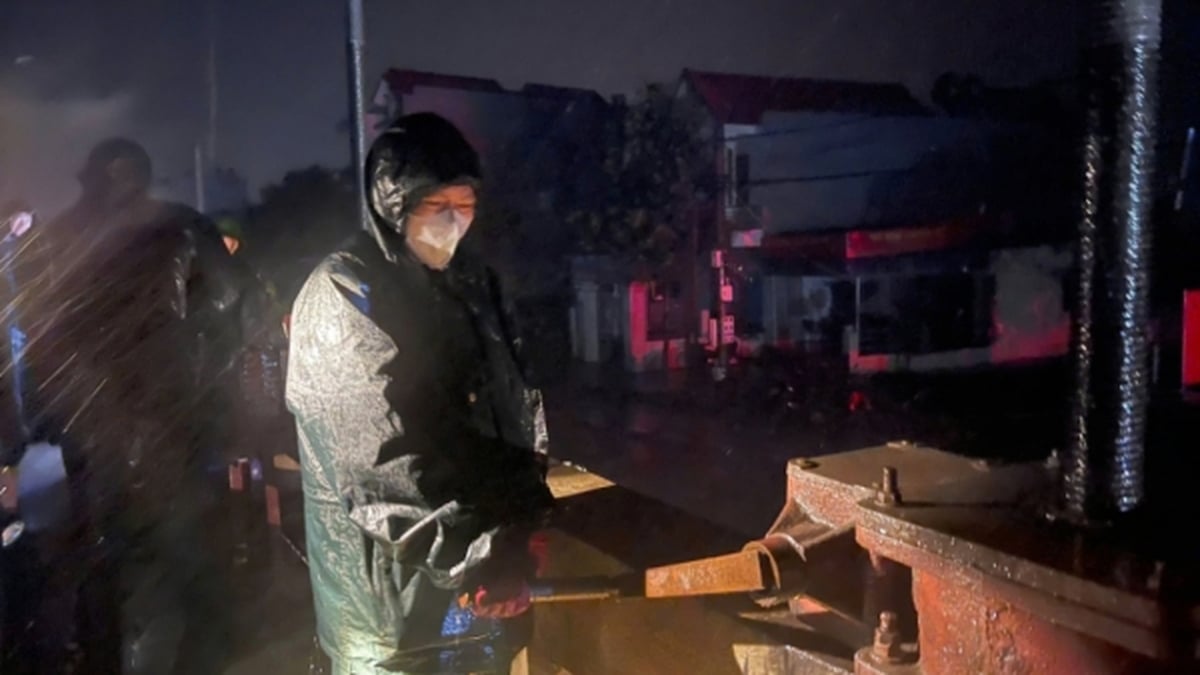All parties are committed to restoring the golden age of German industry, but their visions are too different, even confrontational.
 |
| As mass layoffs in German industry begin to take hold and companies such as Volkswagen, which are symbols of the Western European nation’s economy , threaten to close plants, domestic issues are dominating the election campaign and influencing public sentiment. (Source: Goldman Sachs) |
Ahead of the February 23, 2025 election, Germany’s parties have radically different plans to “fix” the country’s stagnant economy. The election campaign in Europe’s leading nation is turning into a fierce ideological clash over divergent economic visions.
As Germans grow increasingly worried about the country's faltering economy, which is forecast to shrink for a second straight year, the question of how to restore growth is becoming the most urgent and contentious issue.
“The country is losing its competitiveness,” conservative leader Friedrich Merz said on February 17, presenting the coalition’s election program. “We need a stable government that can act.”
As mass layoffs in German industry begin to take hold and companies that are symbols of the Western European nation's economy, such as Volkswagen, threaten to close plants, it is domestic issues - not the conflict in Ukraine or Berlin's role in Europe - that are dominating the election campaign and influencing public sentiment.
According to a recent TV poll, the issue that worries Germans most ahead of the election is the “health” of the economy, followed by migration. The Russia-Ukraine conflict is only fourth on the list.
All parties are committed to restoring the golden age of German industrial growth, but they have very different, even conflicting, visions of how to do it.
Completely different plans
Mr Merz, leader of the centre-right Christian Democratic Union (CDU), who is in the lead and is likely to become the country's next chancellor , has proposed a significant reduction in income tax, as well as a cut in corporate tax to a maximum of 25%. The CDU leader also wants to cut welfare benefits, which he says discourage people from working.
The changes will boost private investment, helping to stimulate the economy, politicians said.
On the fiscal front, the conservative Free Democrats (FDP) have a similar agenda, proposing tax cuts for most income earners and companies. The party also wants to end subsidies for renewable energy and restore the country's nuclear power plants.
Meanwhile, incumbent Chancellor Olaf Scholz and his center-left Social Democratic Party (SPD) are campaigning for massive public investments to boost industrial growth.
On December 17, Mr Scholz proposed a 100 billion euro investment fund similar to the US Inflation Reduction Act and pledged to raise the minimum wage to 15 euros an hour from the current 12 euros.
“The goal is for Germany to remain a strong and successful industrialized country, even in 10, 20 or 30 years,” the leader said.
At the same time, the SPD called for tax cuts for most low-income earners and tax increases for the wealthy, proposing a "Made in Germany" premium to subsidize corporate investments in machinery and equipment through a direct tax rebate of 10% of the purchase price.
For their part, the Greens are proposing a “German fund” to finance investments in the country's infrastructure and reduce electricity tariffs to the European minimum.
According to the party's programme, the “German fund” would “guarantee young people a modern, functioning, climate-neutral country and a competitive economy instead of leaving them burdened with debt and crumbling infrastructure”.
Is there any effective solution?
Economists have questioned whether the parties' plans are ambitious and effective enough to tackle the structural problems that are undermining the German economy.
The challenges facing Europe's number one economy include high energy costs that are hitting energy-intensive industries and the collapse of free trade, which is at the core of its export-led economy.
There is also the question of financing these plans.
Both the SPD and the Greens ultimately want to free up public investment by reforming the country's debt brake, capping the structural budget deficit at 0.35% of gross domestic product (GDP), except in times of emergency.
The CDU, meanwhile, wants to stick to spending rules, arguing in its manifesto that "today's debts are tomorrow's tax rises".
However, many German economists have criticised the parties' plans as promising more than they can deliver, with Mr Merz's tax cut targets coming in for particular criticism.
Economists and opponents of the conservative leader estimate that the total tax cuts proposed by the party would amount to 100 billion euros a year, and many say economic growth would not be strong enough to make up for the lost revenue.
However, when asked about the criticism, Mr Merz argued that “the decisive factor is to restore Germany's will to perform and its ability to grow”.
Then, he explained, financial issues would appear “from a completely different perspective.”
 |
| The German economy is forecast to grow by 0.3% in 2025, below the eurozone's estimate of 0.8% and the UK's estimate of 1.2%. (Source: allianz-trade.com) |
Light at the end of the tunnel?
The German economy, which has lagged behind its peers in recent years, faces a range of headwinds through 2025, including trade uncertainty with the United States, persistently high energy prices and growing competition from China, according to Goldman Sachs. Against this backdrop, the February election next year will provide an opportunity to address the country’s challenges.
“Since the end of 2019, the statistics have been quite shocking. German GDP has been flat while the rest of the eurozone has grown by 5% and the US by 11%,” said Jari Stehn, chief European economist at Goldman Sachs Research.
According to the above expert, there are 3 reasons leading to this situation.
First, the energy crisis has hit Germany particularly hard because it relies heavily on Russian pipeline gas. Berlin has a large energy-intensive manufacturing sector and its economy is largely based on manufacturing, so rising energy prices have had a greater impact on Germany than on other countries.
Second , Germany is heavily dependent on China. This was a big advantage in the past because the Northeast Asian country was very developed. However, in recent years, growth in China has slowed, so Germany has sold fewer goods to the Asian powerhouse.
In addition, over the past two to three years, Beijing has increasingly become a competitor to Berlin. China now produces many of the same goods that Germany does. Essentially, for Berlin, the world's second-largest economy has gone from being a major export destination to a major competitor, and Beijing has been gaining market share, especially in areas where the EU's top economy has seen sharp cost increases.
Third , Germany has a number of structural problems, such as the level of regulation faced by startups and insufficient public investment, which have made Germany less competitive over the past few years.
Europe's largest economy is forecast to grow 0.3% in 2025, compared with estimates for the eurozone of 0.8% and the UK of 1.2%, according to Goldman Sachs Research. The Western European country's real (inflation-adjusted) GDP has been flat since the fourth quarter of 2019.
Yet despite all the challenges, there are also signs that German industry is adapting. To quote Jari Stehn, chief European economist at Goldman Sachs Research, in closing this article: "Although industrial output has fallen significantly over the past few years, real value added has been much more stable.
German companies have been able to respond by shifting from relatively low-margin chemicals or paper… to higher-value products. I think this is the way for German companies to move forward.”
Source: https://baoquocte.vn/khong-phai-xung-dot-nga-ukraine-hay-vai-tro-cua-berlin-o-eu-day-moi-chinh-la-thu-nguoi-duc-de-tam-nen-kinh-te-se-duoc-sua-chua-ra-sao-297890.html


























![[Photo] National Assembly Chairman Tran Thanh Man visits Vietnamese Heroic Mother Ta Thi Tran](https://vphoto.vietnam.vn/thumb/1200x675/vietnam/resource/IMAGE/2025/7/20/765c0bd057dd44ad83ab89fe0255b783)











































































Comment (0)